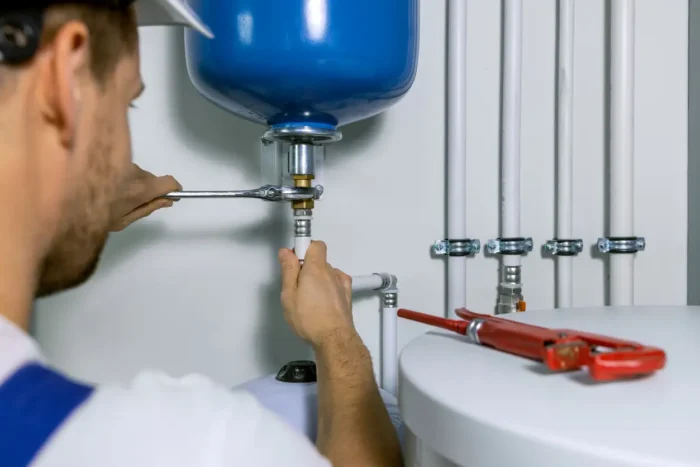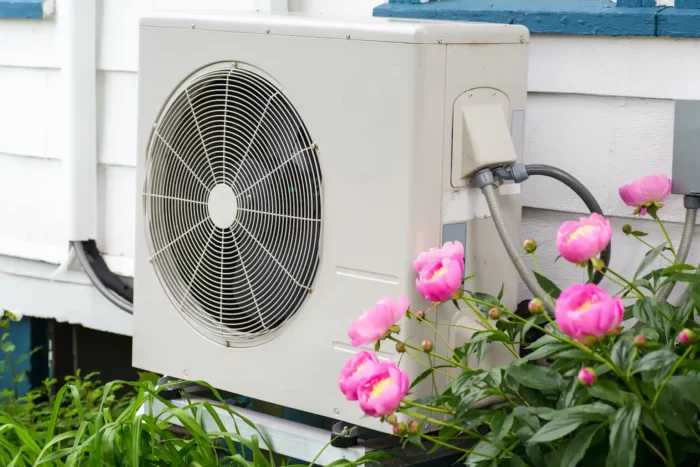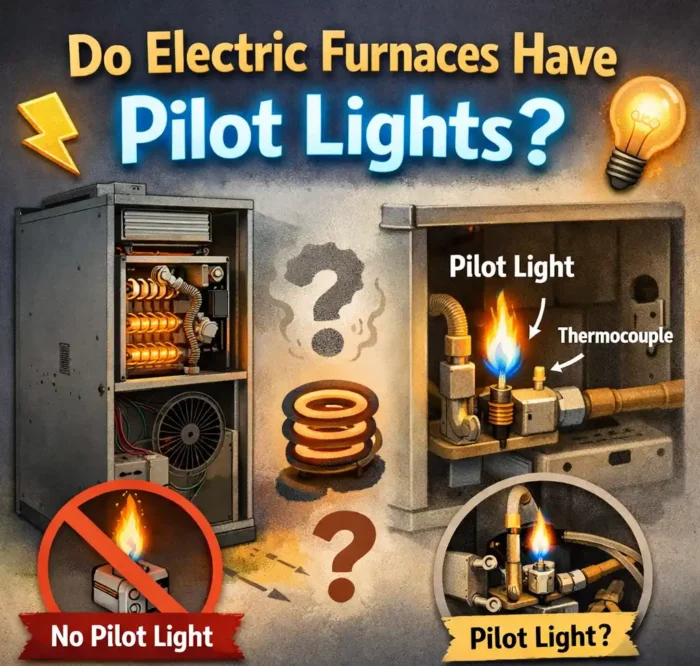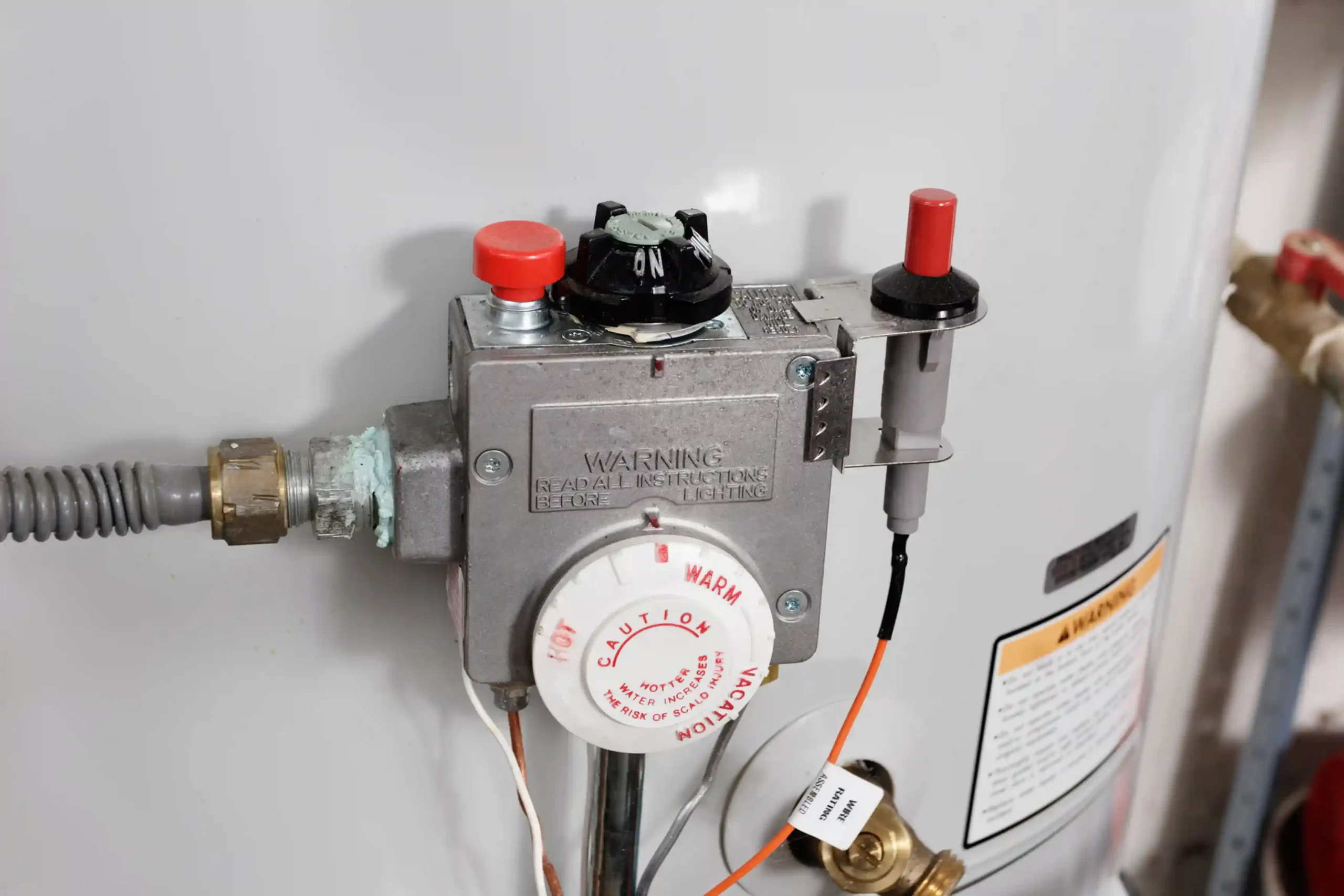How long do AC units last? This is a common question for homeowners looking to plan for future replacements or upgrades. The AC life expectancy varies depending on several factors, including the type of unit, how well it’s maintained, and the climate in which it operates. On average, the typical life of AC unit ranges from 10 to 20 years.
Units in milder climates may last longer, while those in hot, humid areas may wear out sooner due to constant use. Regular maintenance, such as cleaning filters, checking refrigerant levels, and scheduling professional tune-ups, can significantly extend the life of your air conditioner. Proper installation is also key to maximizing performance and ensuring your unit reaches its full lifespan.
Table of Contents
ToggleDifferent Types of AC Units
Before we get into the expected lifespan, it is helpful to first understand the kinds of AC units that exist. The air conditioner life expectancy can depend on the type of unit and how well it has been maintained over the years.
- Central Air Conditioning Systems – Commonly referred to as central air or central AC, these are among the most popular processes in homes and have a useful life of 15 to 20 years with maintenance.
- Ductless Mini-Split Systems – These are essentially ductless AC systems that can last 20 years or older when maintained properly.
- Window Units – These smaller units tend to last from 8 to 12 years.
- Portable AC Units – Portable AC units will generally last 5 to 10 years.
Average Lifespan of an AC Unit
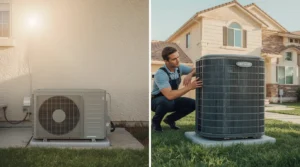
The average lifespan of an air conditioning unit varies but is typically 15 years. However, there are differences in longevity, dependent on the kind of unit:
- Central AC systems: Typically last 15 – 20 years.
- Ductless mini-split systems: These systems last up to 20 years and are a good option if you want something that can last a while.
- Window AC units: Last an average of about 8 – 12 years.
Factors Affecting AC Lifespan
A number of elements will influence the life of your AC unit. The most significant are:
- Maintenance: Ongoing cleaning and check-ups can help your AC unit last long-term. Failure to maintain the unit, including dirty filters, coils, and refrigerant, can cause the unit to work harder and/or inefficiently, shortening its life.
- Usage: Units that are used more frequently or for longer periods of time do tend to wear out faster. In addition, overuse of any device can put more stress on the system for an eventual breakdown.
- Environment: An air conditioner in a high weather condition (high, humidity, or even high, high temperatures) would need to add more effort, and at certain points can contribute shorter life.
- Quality of Installation: Once the unit is installed improperly- repairs may be required sooner than later and at higher costs.
For expert AC installation services in Temecula and Murrieta, contact Hutchinson Heating and Air.
Signs Your AC Unit Might Be Nearing the End
It’s important to pay attention to signs that your air conditioner may be due for replacement.
- Not Cooling Efficiently: If your AC no longer cools efficiently, that could indicate that it is nearing the end of its life. Increasing energy bills are also potential indicators for inefficiency.
- Strange Noises and Smells: Odd noises like grinding, rattling, or buzzing can foreshadow serious mechanical problems. An unpleasant smell (like burnt or moldy smells) could also indicate issues internally.
For professional AC repair services in Temecula and Murrieta, please contact Hutchinson Heating and Air.
Extending the Lifespan of Your AC
While you can’t stop time, you can take various measures to extend its lifespan:
- Regular Filter Changes: Clean filters allow the unit to breathe and operate more efficiently without the added stress.
- Professional Inspections: Annual inspections by a licensed technician can help catch minor problems before they become significant problems.
- Use Properly: Avoid setting the thermostat too low; that means for the AC to work harder.
What to Do When Your AC Breaks Down
If your air conditioner breaks down, you may be tempted to simply get it repaired and hope for the best. However, there is a point when you may find that repairing it may no longer be financially practical. You should consider replacing your air conditioning unit if:
- The cost of repairs is greater than 50% of the cost of a new unit.
- The system is approaching or has exceeded its expected service life.
- You are making repairs on a regular basis.
Conclusion
Your air conditioner will last as long as you take care of it. With regular maintenance, proper usage, and a good installation, it can provide years of comfort and reliability. Whether you’re considering repairing or replacing your unit, make sure to weigh your options carefully, considering both the long-term cost and energy efficiency.
Need AC help in Murrieta or Temecula? Call Hutchinson Heating and Air for expert repair, installation, and maintenance you can trust.
Frequently Asked Questions (FAQs)
How can I extend the life of my air conditioner?
Regular maintenance, cleaning filters, and avoiding overuse can all help extend the lifespan of your AC.
What should I do if my AC stops cooling properly?
Check if the air filter needs cleaning or replacing. If that doesn’t help, it might be time to call a technician for a diagnosis.
How often should I have my AC serviced?
You should have your AC serviced at least once a year, ideally before the summer months, to ensure it’s running efficiently.
How long does a window AC unit last?
Window AC units typically last around 8 to 12 years with proper care.
What are the signs that I need to replace my AC unit?
If your unit is over 10-15 years old and requires frequent repairs, or it’s no longer cooling effectively, it may be time for a replacement.
How much does it cost to replace an AC unit?
The cost of replacing an AC unit varies widely based on the unit type, size, and installation but typically ranges between $3,000 to $7,000.


